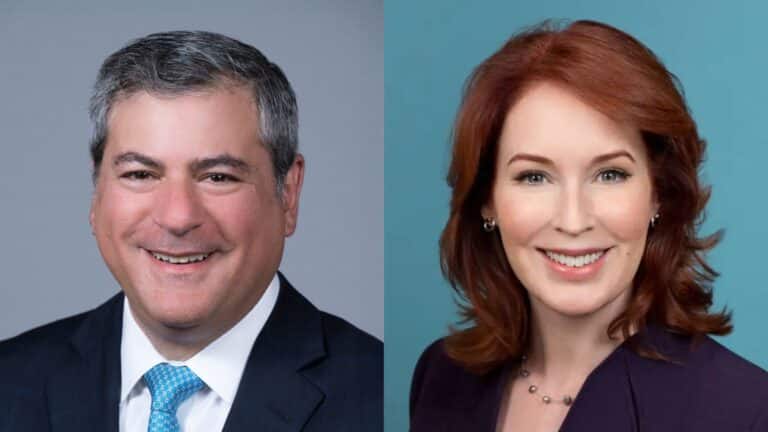China moves to supercharge green hydrogen as US pulls back
The country's new policy is likely to boost the production of green hydrogen, which the country aims to use to decarbonize airplanes, ships, and heavy…
Current Access Level “I” – ID Only: CUID holders, alumni, and approved guests only
Professor, Columbia Climate School
In the next few months, heat waves, droughts, thunderstorms, and hurricanes will wreak havoc on regions around the world. Climate scientists say these events are becoming more extreme and dangerous thanks in part to the changing climate.
For example, the National Oceanic and Atmospheric Administration’s outlook for the 2024 hurricane season, which just started June 1, anticipates an exceptionally high number of storms this year.
So, why are extreme weather events worsening? How is climate change contributing to this development? And what measures are being taken to adapt to this new reality?
This week, host Bill Loveless talks with Radley Horton about the outlook for extreme weather events across the globe this summer, and why their intensity and severity is expected to increase.
Radley is a professor at the Columbia Climate School, where he teaches and researches climate extremes, risks, impacts, and adaptation. He was a convening lead author for the United States’ Third National Climate Assessment, and he is currently a principal investigator for NOAA, focusing on climate risk in the urban U.S. Northeast.
Last week, President Trump announced that he was imposing significant new sanctions on Russia. It’s an effort to cut off revenue Russia needs for its war in Ukraine....

Energy has long been used as a weapon. The United Kingdom blocked oil exports to Germany during World War I. Hitler’s fall was due in part to losing...

Trade tensions between the US and China have hit a new high mark. Last week, after China announced plans to ratchet up its export controls of some rare-earths...

Industrial policy, supply chain security, and economic competitiveness are central to how we think about clean energy deployment. As the Trump administration pulls back federal support for the...

In the fall of 2024, the Center on Global Energy Policy (CGEP) at Columbia University SIPA launched the International Dialogue on Climate and Trade to afford governments and stakeholders opportunities to seek common ground on ways of more effectively and equitably managing issues at the intersection of climate and trade.

CGEP scholars reflect on some of the standout issues of the day during this year's Climate Week

World leaders are meeting in New York this month at the request of the United Nations Secretary-General António Guterres to discuss the state of global ambition on climate change.

A key component of the Paris Agreement is Article 6, which introduces a framework to facilitate voluntary cooperation between―primarily using carbon credit trading―to help achieve their nationally determined contributions (NDCs) more cost-effectively.
